Interview: Carter Burwell on Composing "Carol" and "Hail, Caesar!"
 Friday, February 5, 2016 at 1:16PM
Friday, February 5, 2016 at 1:16PM  Carter Burwell gives great soundtrack. The proof is all around us. His scores are everywhere right now, in movie theaters with Charlie Kaufman's Anomalisa and the Coen brothers Hail, Caesar! and in the Oscar mix; his work on Carol brought him his long long overdue first nomination for Best Original Score.
Carter Burwell gives great soundtrack. The proof is all around us. His scores are everywhere right now, in movie theaters with Charlie Kaufman's Anomalisa and the Coen brothers Hail, Caesar! and in the Oscar mix; his work on Carol brought him his long long overdue first nomination for Best Original Score.
The 60 year-old composer started his music career in the punk scene but after that fateful first collaboration with the the Coens on Blood Simple (1984) he quickly become a film regular. He's composed every Coen brothers score since then with the exception of Inside Llewyn Davis. They aren't the only filmmakers who steadily rely on his gift. He's worked frequently for Bill Condon, Michael Caton-Jones, Spike Jonze, John Lee Hancock, and Todd Haynes among others.
I asked him how he keeps his work fresh with so many projects and how he approached the recent challenges of the "ridiculous" comedy of Hail, Caesar! and the restrained drama of Carol.
Our interview follows after the jump...
NATHANIEL: Carol is your third collaboration with Todd Haynes. I would imagine this score was more fun for you than Velvet Goldmine? Your score is far more present. But Carol does have period songs. As a composer do you have input into the music you're not composing?
CARTER BURWELL: That can vary. When I was beginning in this work I was pretty interested in that question because I was coming from a pop music background. But at some point I realized that the criteria that had to do with choosing songs -- it wasn't particularly creative. It has to do with this is a record company that's got a relationship with a film company. This bands got a record coming out the same time as the film. All these criteria that are not interesting to me.
But that's not the case with Carol. Todd and Randy sent me six cds worth of songs from the period and helped me acclimate myself to that time. But there were times when Todd was zeroing in on songs and would say "do you like this version?" But it's not my focus. Randy Poster is a great music supervisor and he and Todd are making those choices.
Do you watch dailies?
I don't watch dailies. Sometimes people will show me a scene cut together -- The Coens will often show me a scene. I've read the scripts so I know where the movie is going but they'll show me a scene by itself so I can begin working on it. In the case of Carol I didn't start writing until there was a rough cut of the film.
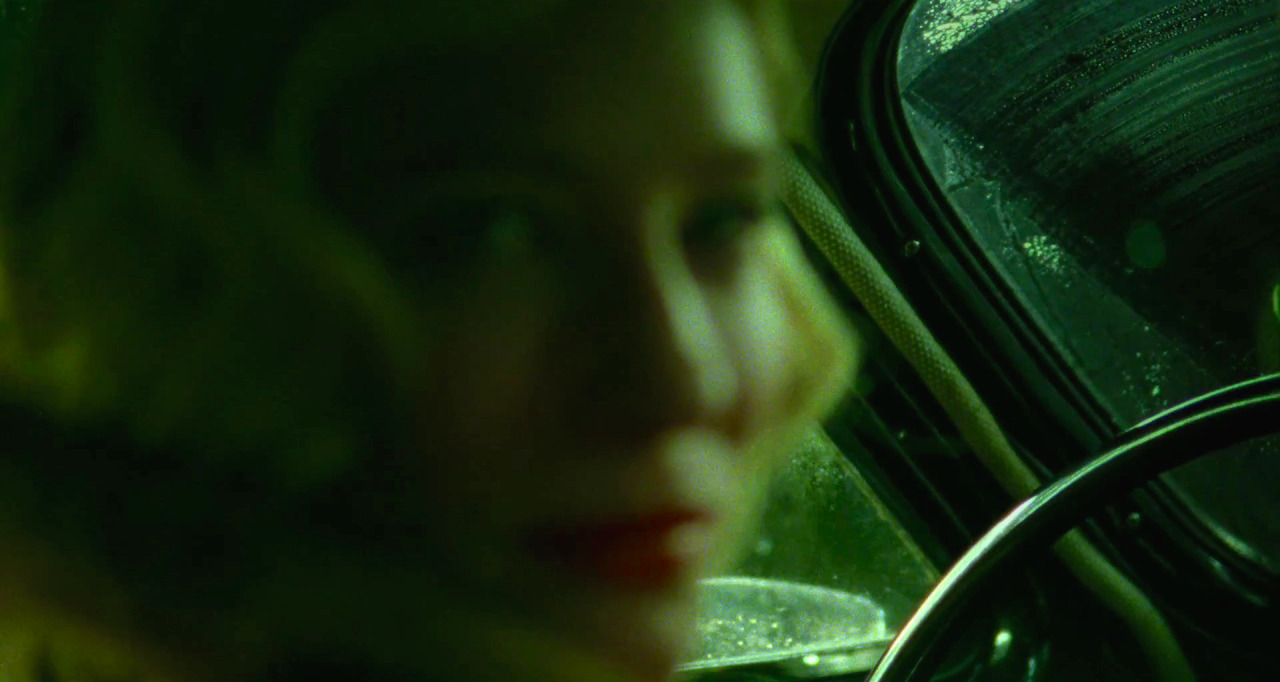
CARTER BURWELL: The songs do matter. There is one scene where the score kind of engulfs a song: The first time that Carol is driving Therese to her house, it's largely a score scene but you see her turn on the radio and in this muffled way these voices come out. I wrote the score around that so they would work in the same key.
NATHANIEL R: That's an amazing scene. I don't know a ton about music but I can play piano. And I kept thinking a lot of the score sounded like, um, when you play around with the damper pedal.
[Laughter]
You know what I mean? Like it resonates. The notes linger. Did Todd give you a specific directive?
"More damper pedal!"
[Laughter] No, like, "it needs to be lush". Do you get notes on tone?
It does have, in fact, a lot to do with just watching the movie. Todd is such a visual stylist and everything about it will be carefully chosen. In this case the colors will be carefully chosen. The way he and Ed Lachman shoot it so you're often looking through glass. That sense of something intermediating between you and the character says a lot about the tone of the music. Todd doesn't really have to use words; the visual say more than words can.
Do you usually favor specific instruments when you write?
A lot of it is intuitive. These colors will evoke feelings that will then complement something else. In this case some of it is analytical. One of the first things I said to Todd was "We have these two characters. It's really a movie about two people, no one person dominates." So having two solo instruments would make sense, two instruments that could weave or go off on their own. Woodwinds felt right somehow so the clarinet and the oboe.
I didn't hear a lot of strings.
In this case the strings were treated more like rhythm intstruments, to keep the pace going. The movie is a romance and there's a tradition to play a romance with swelling strings and a lush melody. But this is a restrained romance. And a romance where things don't come together in an easy way. So for all these reasons the string never do that -- they end up taking a different role.
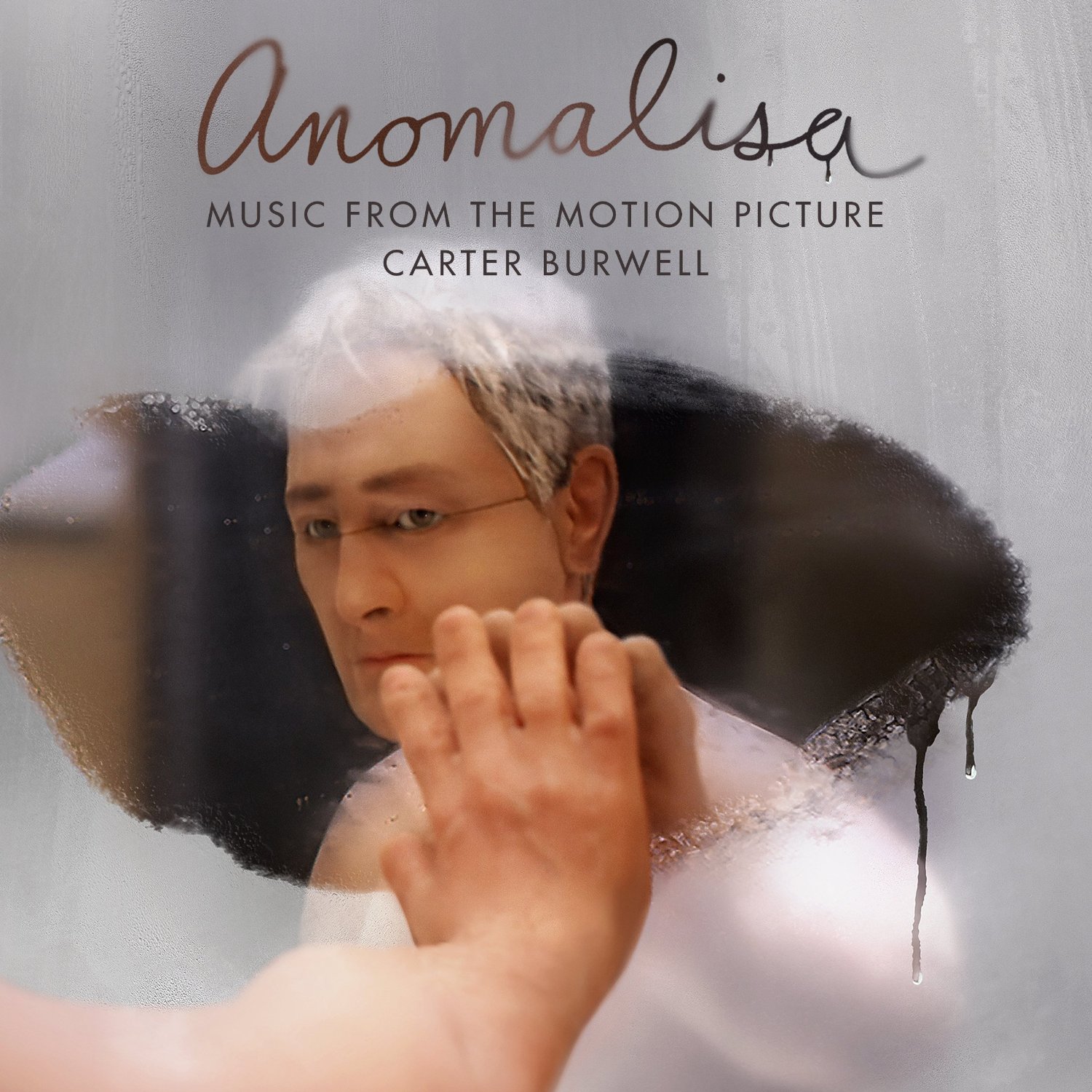 NATHANIEL R: You've done several films back to back now -- Anomalisa, Legend, Mr Holmes, Carol, The Family Fang -- honestly that seems like a lot of projects all at once. How do you keep your instrument fresh?
NATHANIEL R: You've done several films back to back now -- Anomalisa, Legend, Mr Holmes, Carol, The Family Fang -- honestly that seems like a lot of projects all at once. How do you keep your instrument fresh?
CARTER BURWELL: It's a little bit of illusion that they're all done at once. Carol was recorded a year ago but they were all done in the last eighteen months and since then I've done Hail, Caesar! So yes it's a lot of work. And I wouldn't normally invite that, honestly, because it is hard. When this happened before in my life when I did six films in a year, I'll sometimes listen back and 'uh, these sound sort of similar'. But these films have very little in common so that helps a lot. Let's face it Anomalisa isn't like anything else so that's easy. And Carol is very much its own thing.
But it is hard. I don't have an answer but it's a good question. It's a challenge. Any of us who do this and do more than, say, three films in a year will face that challenge.
So you have to keep an eye on it.
Yeah, that's right. It helps if I know the instrumentation will be different. Legend takes place in 60s gangland London so that's distorted guitar. But to make sure they're not stylistically falling into a rut it's just something I have to think about it.
You chose instruments for Carol and Therese. Is that something you often do with lead characters?
I often do. Any kind of distinctive sound in a score can help to make the film into its own world so it doesn't sound like every other film. I love when I'm able to do that. Family Fang had a celeste to play the kind of childlike nature of it; they're grown kids but they're still kids.
NATHANIEL R: With Hail Caesar! I have to ask: is it harder to score comedy?
CARTER BURWELL: It really depends on what kind of comedy. I find romantic comedy almost impossible.
NATHANIEL R: Why is that?
CARTER BURWELL: I've done it once, maybe twice. You're generally being asked to play what's actually going on. In other words you're playing happiness when someone is happy, you're playing comedy when things are comedic. But on the Coen brothers films, it's different, because I'm usually playing comedy when something terrible is going on because they have this cruel sense of humor.
Hail, Caesar! is not especially cruel. But it's not as screwball as the trailer makes it seem. There's a serious theme going on but all this ridiculous stuff on top of that. The ridiculous stuff imposes itself on the serious theme in a way that's almost cruel. And that's when I can write comedy. When it's something cruel or dark.
So it sounds like you have to have more than one tone to play with as you compose.
Exactly. I really almost require that.
So you turn down a lot of things.
I do. Straight comedy -- well, people don't come to me that much for it but it's also something I don't think I'd be that good at. Or straight romance or an action film. Any of those things that are just one thing.
You're safe with the auteurs them.
[Laughter] Exactly, that's right. I'm very happy that I have enough work out there that people come to me for what I do.
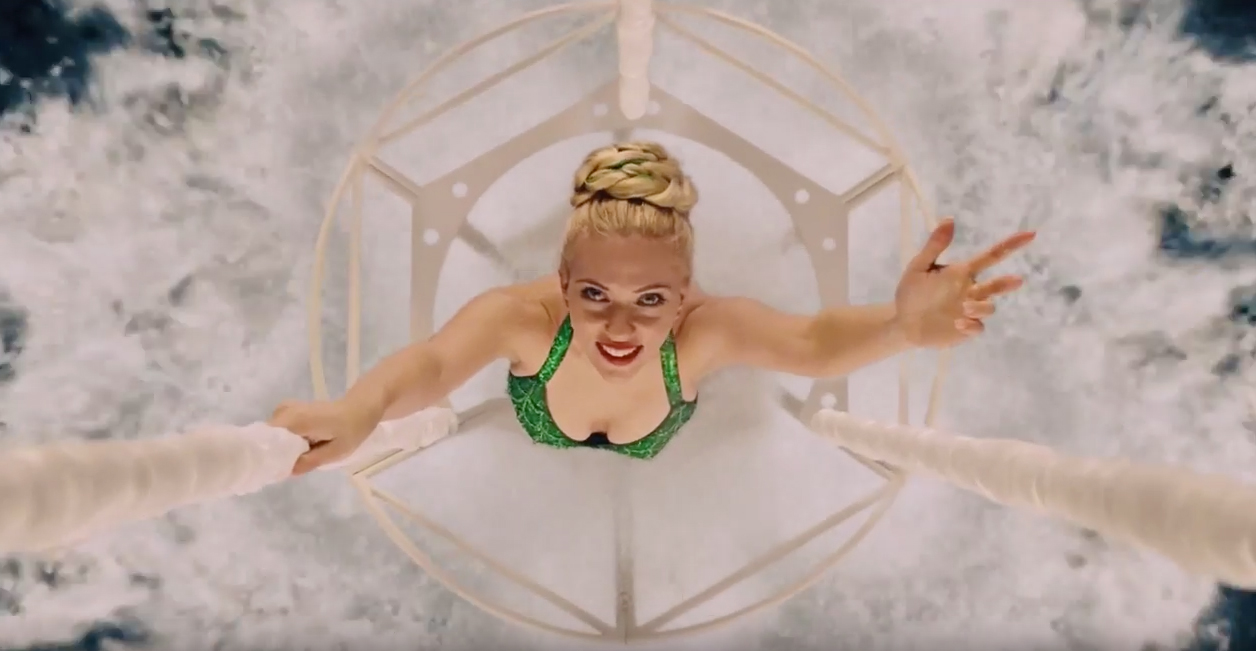
NATHANIEL R: Working with the Coen brothers -- I can't remember where I heard this but I've heard you have a lot of time on their scores?
CARTER BURWELL: Almost always a better schedule. They cut their movies so they're going to suffer along with the rest of us if they have a short post schedule. Their schedules are longer than anything else and I have to tell you: it really makes a difference. It makes it possible to try things out, to really refine the approach. It's a fact that the time translates into quality.
That doesn't mean people haven't done amazing work on a short schedule. Chinatown they threw out a score and hired Jerry Goldsmith and he had 10 days. Amazing score. I've done great work in that situation. Those situations where a score is thrown out and you're brought in. It's great in a way. Yeah, you won't sleep for a week but nobody has time to second guess anything. You go with your gut and that's got its own charm to it.
Yeah.
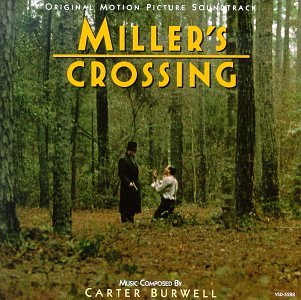 I think the only film where I ever felt that the music was completely done when we recorded it was Miller's Crossing (1990).
I think the only film where I ever felt that the music was completely done when we recorded it was Miller's Crossing (1990).
And that's always cited among great scores.
If you'd given me another day, I don't think I would have changed anything. That was a good as I could have done. But in every other case, even Carol, believe me I'm writing the night before we're recording and I'm just chasing the schedule and get it as good as I can get it before it's recorded!

previous interviews | more on composers | more Carol | more Coen brothers




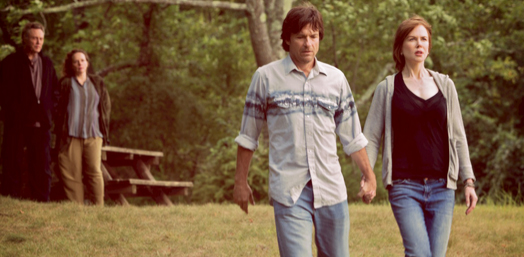
Reader Comments (6)
Enjoyable interview! I remember Alexadre Desplat also talked about selecting key instruments to differentiate one score for another. It's almost like casting!
Fascinating. I love these "craft" interviews!
The point on the limited use of strings is interesting, especially his description of "Carol" as a "restrained romance." It's true, of course. But dare I say - and this is total speculation - that one reason people read the film as "cold" is because of this choice? i.e., it's not "scored" in a way that triggers those conditioned responses in our brains ("ooh, swelling strings, this is a romance!!")!
Full disclosure: I remember thinking the score was beautiful but just a little too "cool," even though nothing else about the film was.
My favorite scores from him are Adaptation and Fargo.
This is a great interview Nathaniel :)
Shit I hope he wins the Oscar.
Great read. Interesting to read about the mixing of score with song selecion, that moment in Carol was just genious, one of its many amazing details.
I love your composer interviews! I read elsewhere that Burwell chose clarinet for this because of its cooler tone-- not as breathy and overtly emotional as a flute, for example. It's interesting to know that that choice was also made to represent character, not just mood.
He probably has no chance of winning, but damn me if his score isn't one of the more important tonal aspects of the film... right up there with anything visual.